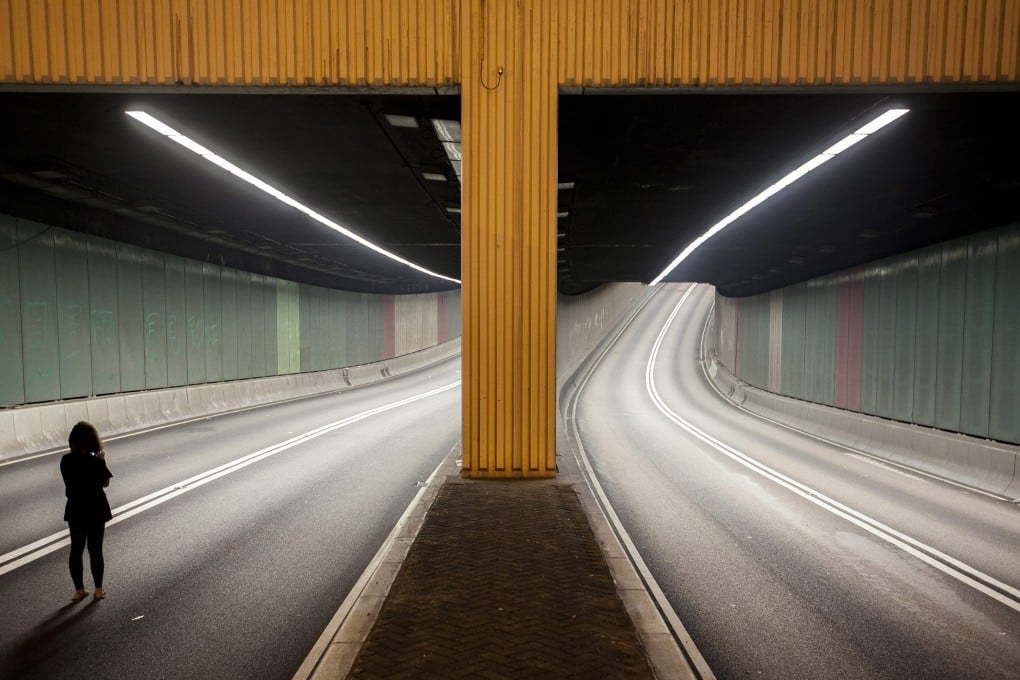More than ever, Hong Kong needs a leader who can communicate and heal the social divide
Franklin Koo says a focus only on political reform will not solve all the city’s problems

With the Occupy Central crisis now in its third week, one might think Hong Kong officials would be doing anything in their power to ensure its immediate and peaceful resolution, taking all necessary precautions to prevent further aggravations and divisions in society.
During these times, it is important for a leader to take an active approach to diffuse the situation, rather than avoid communication. And yet the chief executive has yet to effectively deal with or communicate any of the deep-seated problems that have given rise to the movement. The little communication that has taken place is in the form of positional bargaining, firm and repeated time and again, with the hard stance that any discussion must fall within the confines of the Basic Law and the National People’s Congress decision.
For China’s stability as a nation, this position is understandable. Yet the focus solely on political reform cannot be the solution to all of Hong Kong’s current problems. There are major issues to address.To ensure Hong Kong’s future and maintain an acceptable balance between the economy and the needs of local residents, Hong Kong now needs, more than ever before, a leader to step up and make concrete plans to mend the social divide.
Most protesters want democracy, but Hong Kong has never had universal suffrage before, and the majority of residents were quite content, pre-1997, when governors were appointed, not elected. So, what has created this demand?
Under British colonial rule, most residents were not interested in politics. In the late 1980s and early 1990s, many citizens, fearful of the post-handover future, emigrated. With the safeguard of the Basic Law, most fears over censorship and restrictions on freedoms did not materialise. Instead, Hong Kong changed dynamically to adapt to the rapid economic growth of mainland China.
Local sustainability fell as textile industries and factories moved over the border owing to cheaper rent and labour. With the Asian economic crisis in 1997 and Sars in 2003, the economy and health – not politics – was the priority. The economy took a drastic downturn, but Hong Kong bounced back, in part because officials sought assistance from the mainland to boost the local tourism industry.
Today, while Hong Kong has benefited economically from mainland support, most if not all its industries are now reliant on mainland consumers as the main economic vehicle. This has been great for landlords and businessmen, but young people find it hard to afford their own home; there has been heated competition with mainlanders for milk powder or spaces in hospitals and kindergartens; and local small businesses that play a large role in the history and culture of the city have been driven out by high rents.